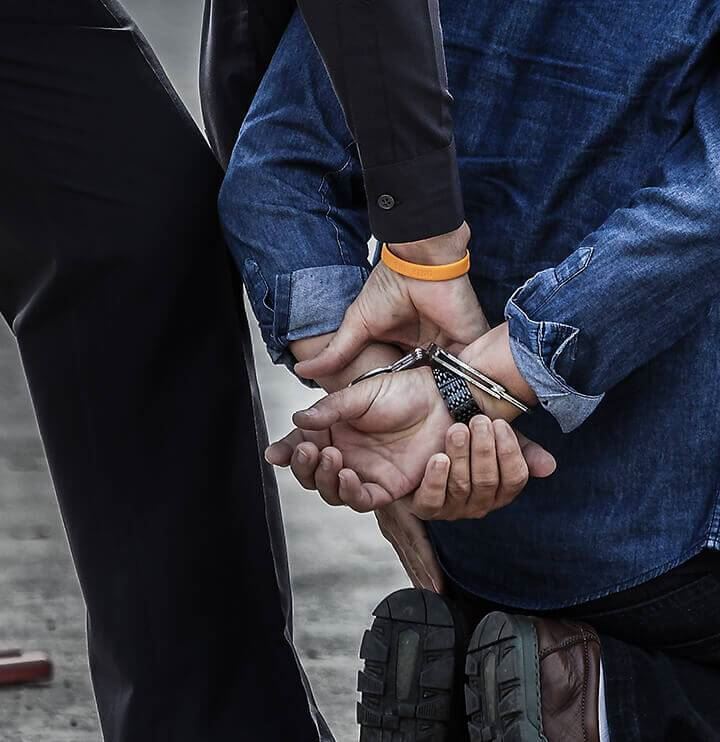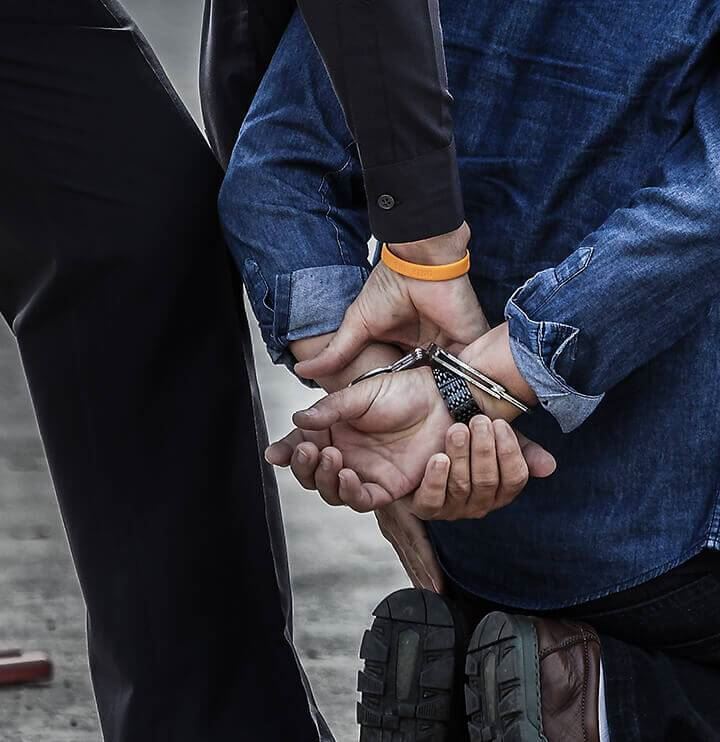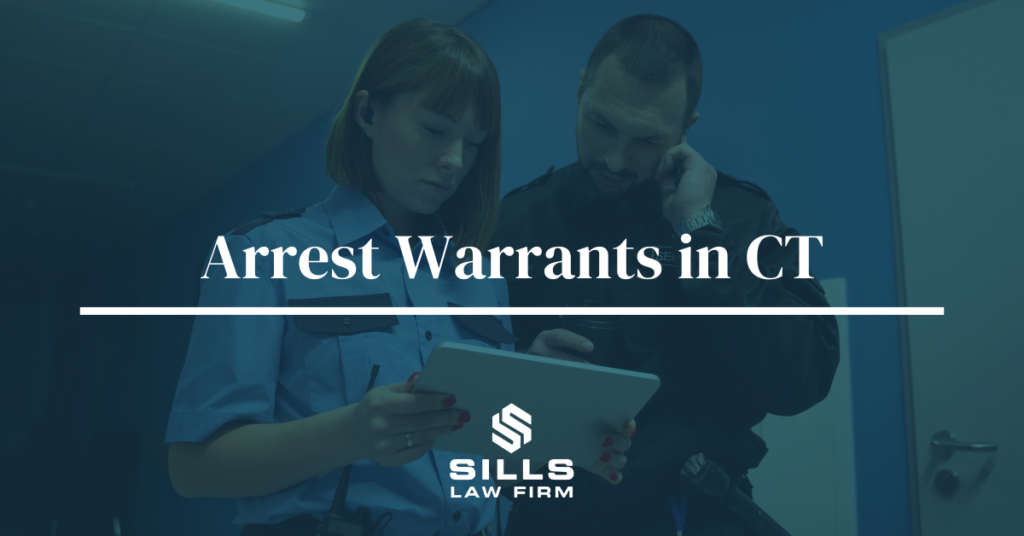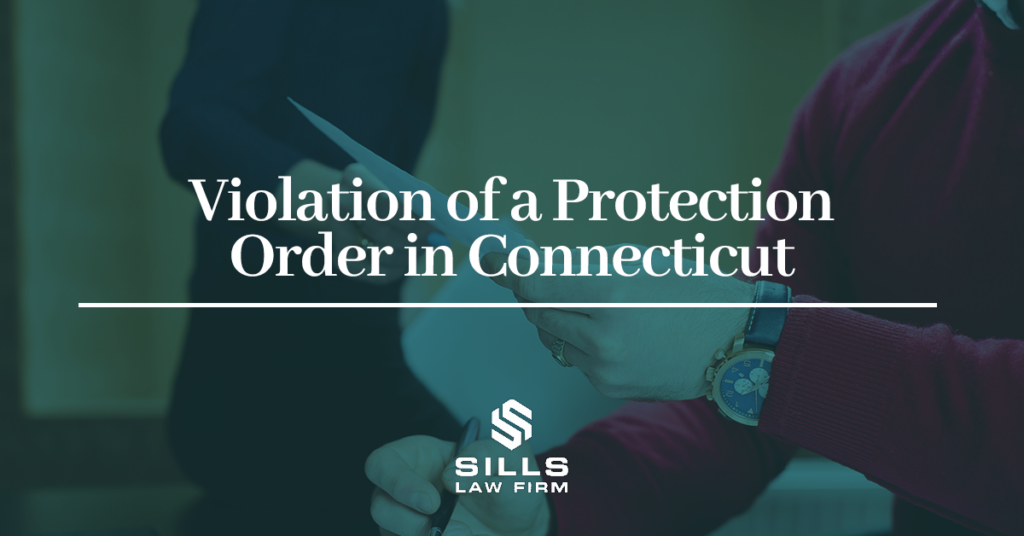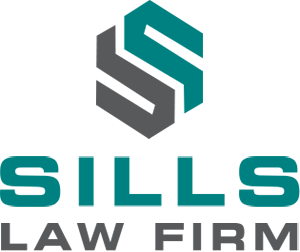After being arrested for a crime, the suspect is taken by law enforcement for booking or processing in jail. The first concern of a person who’s been arrested is how fast they can get sprung from jail, but first, they must be booked and have a bail hearing to determine whether they’re eligible for release pending a trial, and the amount to be paid for release. Only when the accused has posted the bail amount either on their own or with the help of a bail bond agent can they be released.
From Arrest to Bail Hearings: How Criminal Suspects Are Handled
“Booking” is the first step a criminal suspect goes through the following arrest. The purpose of this step in the administrative process is to make a record of the criminal suspect’s pertinent information, from the police report to their fingerprints, and more. Booking can take many hours to complete, depending on various factors, including how busy the jail is, how many arrestees are in custody, and how many law enforcement officers are involved in the process of the suspect’s booking.
The process of jail booking includes the following steps:
- Information recorded: Law enforcement records the suspect’s full legal name and the circumstances of their alleged crime.
- Mug shots taken: These photographs are perhaps the most well-known part of the booking process. Mug shots have several purposes, mainly to establish the suspect’s physical appearance and condition at the time of the arrest. These photos often indicate the suspect’s height, and the series of photos shows the face and profile of the suspect from both sides.
- Fingerprints and a DNA sample taken: Ink impressions are taken of all ten of the suspect’s fingers. These fingerprints are recorded in a computerized national database. If the crime in question has fingerprint evidence, it will be compared to the suspect’s known fingerprints. A DNA sample is taken, usually from the suspect’s inner cheek cells, and this information is processed in a lab and then recorded in a national database.
- Clothing and personal property confiscated: The suspect must relinquish their personal property and clothing and change into a jail uniform. These items are held while the suspect is in jail unless contraband is found, such as drugs or a pocket knife.
- Full body search conducted: This search includes the removal of all clothing and is intended to check that the arrestee is not hiding contraband in a body cavity, such as weapons or drugs. A strip search can be very invasive, but it is done to protect law enforcement and others in the jail.
- Checking for warrants: Law enforcement will check a database to see if the suspect in custody has any outstanding, unrelated warrants for arrest.
- Health check: The suspect is given a routine exam to check if they need immediate medical care. Sometimes medical care is necessary if the suspect is injured, ill, or facing withdrawal from dangerous drugs.
- Incarceration: Once the suspect has been booked, they are admitted to a jail cell, where they will await trial or a bail hearing.
Facing Criminal Charges? Get Help from an Experienced Criminal Defense Attorney
If you are being investigated for a crime, you don’t need to wait until arrest to secure legal representation. Don’t delay – if you or someone you know is facing arrest for a crime, it’s a good time to retain a Connecticut criminal defense attorney.
Accused? Don’t delay scheduling a free consultation with one of our Connecticut criminal defense attorneys, or call (860) 524-8118 today.
Related:
